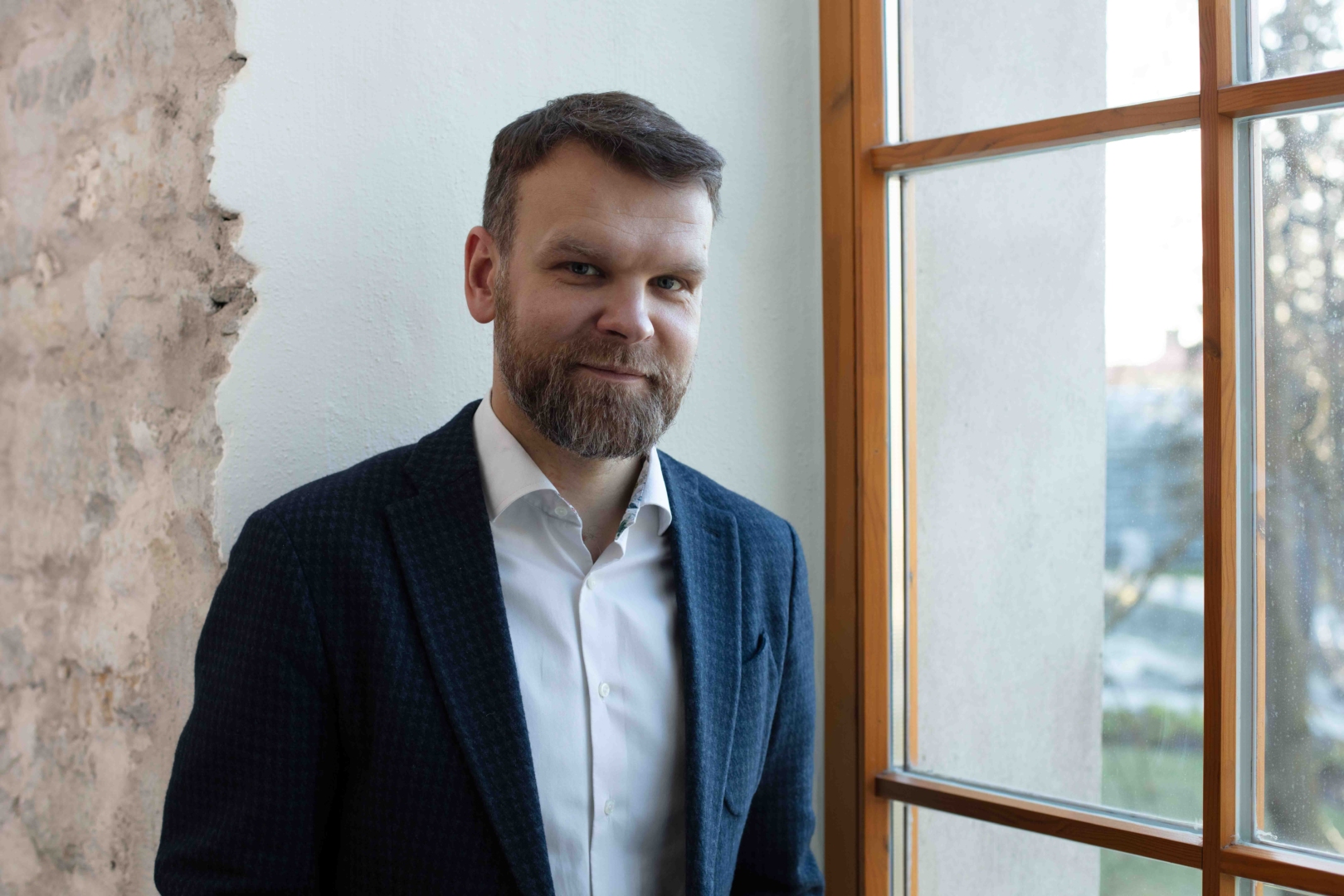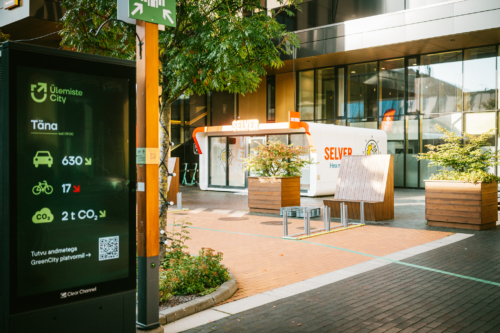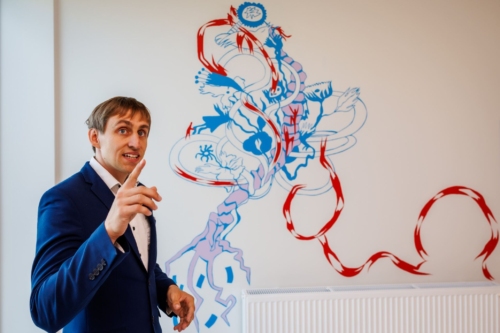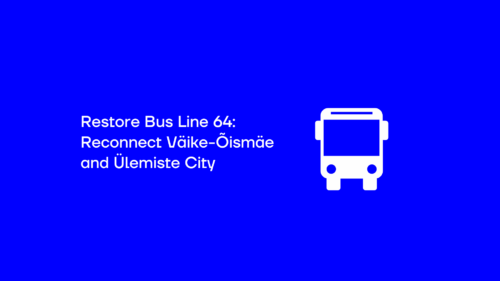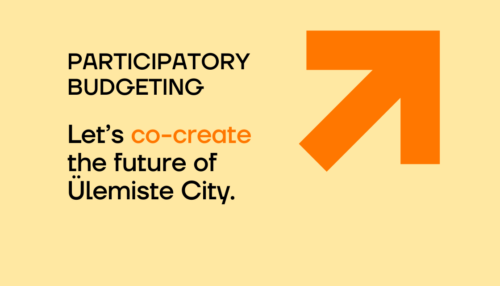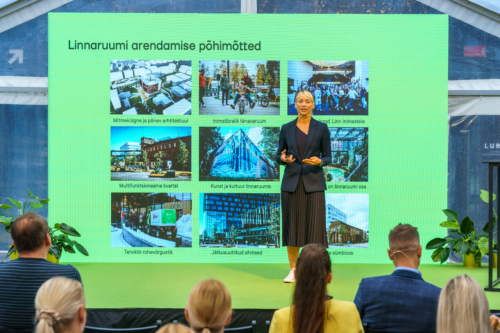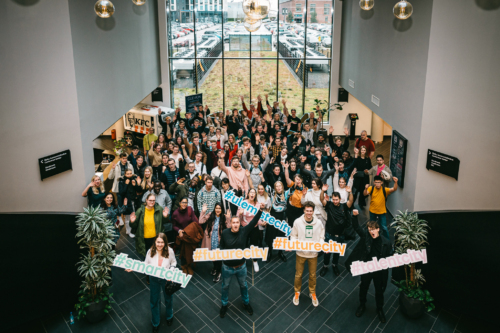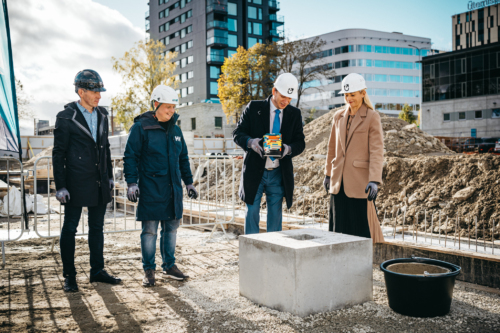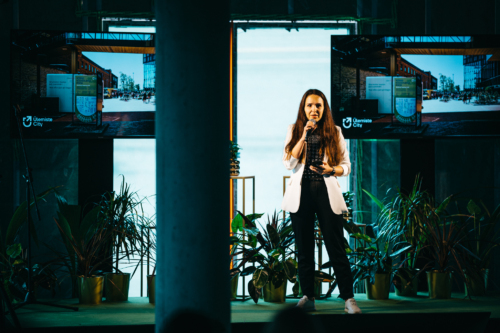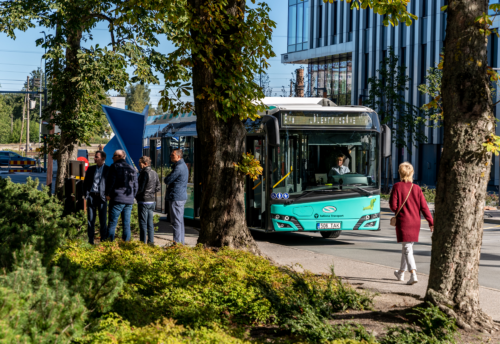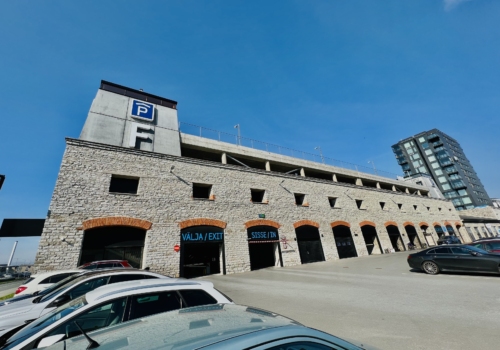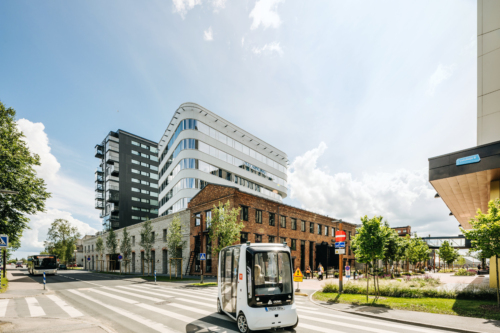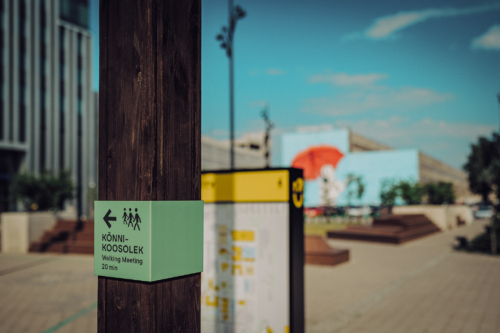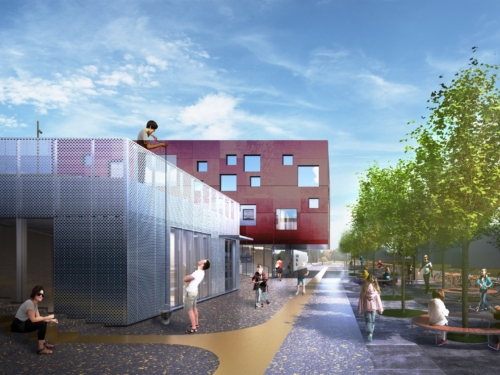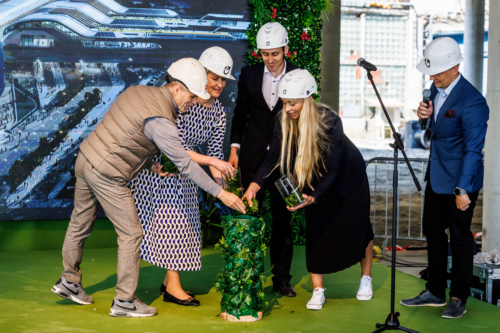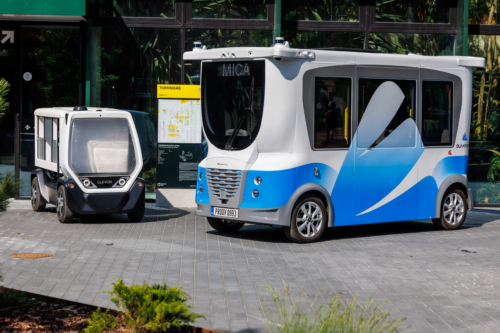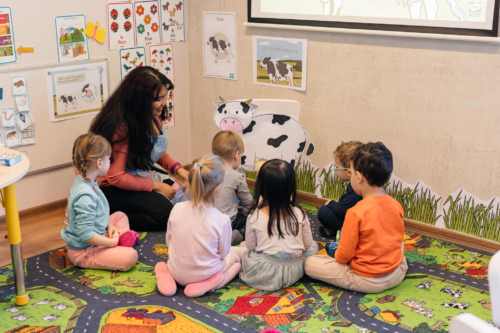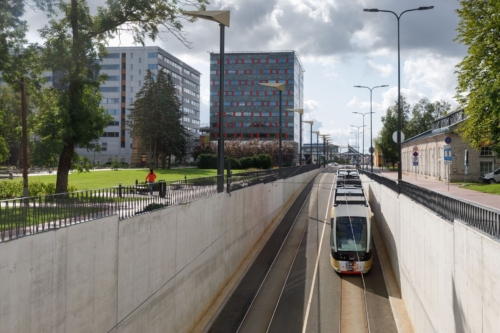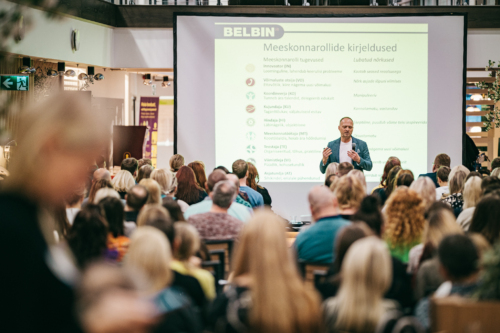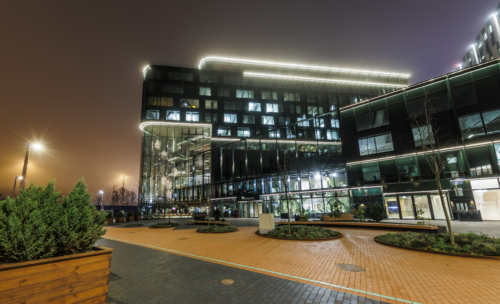At home or in the office? – Gert Jostov
Will the offices remain empty?
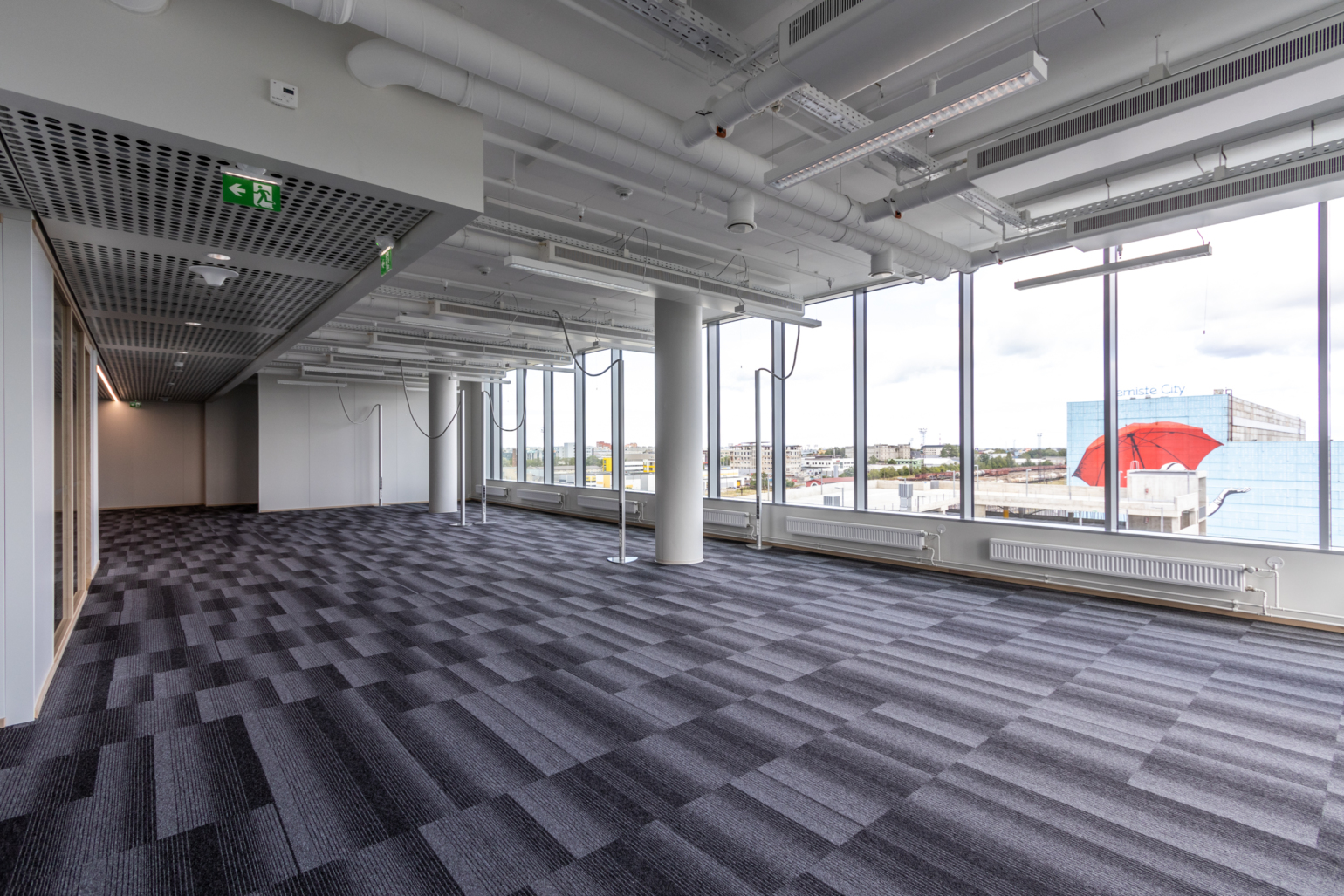
Humankind’s relatively late thinking that you must go to work to do work was, figuratively speaking, kicked back to the Stone Age by the coronavirus, when everyone worked but no one went to work. Leaving home to work was popular amongst professionals and skilled workers only because of the industrial revolution, when shared workplaces were expected to be significantly more productive than teleworking or working from home could be.
Every flu season, not to mention a pandemic, like last spring, has shown that, in addition to productivity and good ideas, diseases also easily spread in the workplace. In addition, stress, noise, communication problems and heartache, all of which severely dampen expected productivity. Frankly, clock punchers chained to an office chair are simply a little unhappier than those who can enjoy greater flexibility and freedom. American workers already declared in a survey conducted in 2017 that they would agree to waive up to 8 per cent of their salary if they could work outside the office and thus be happier.
Every change of environment offers a fresh view and a new quality of life. An office still means routine and comfort, but the best ideas come from breaking out of one’s comfort zone. If you are surrounded by the same walls and the same faces every day, it makes no difference if you are working from home or in the office. Over time, thoughts begin to follow the familiar path every day, and there are no new and forward-looking ones. A decline in creativity and the birth of new ideas occurs. The sending home of workers in the spring hit many like a breath of fresh air. It can be done, it’s possible!
Thumbs up or down
Many got a taste of freedom, and they began to like it. However, others, mainly employers, became concerned. The pioneer Twitter has allowed employees to work remotely forever, but Netflix sees this as a big problem. Pinterest gave up a large San Francisco office to build a more dispersed team. Facebook clicked thedislike button and rented a large new office in Manhattan. The image varies not only between companies but also between countries.
In France, 84 per cent of teleworkers returned to offices after the corona crisis, compared with only 40 per cent in the United Kingdom. In Germany, 74 per cent of those who had been away returned to the office in the meantime, but half of them were still teleworking part-time after the restrictions were eased.
In the big picture, part-time teleworking seems to be a new trend in work culture. According to the Statistical Office, people three times more people were teleworking in Estonia last year than ten years ago. Occasionally, one in five employees works outside of the office. Our own Riigikogu recently tested remote sitting technology, which allows MPs to participate in the sitting without being physically present in the Riigikogu chamber. The revolutionary law amending the Riigikogu’s internal rules, which allows representatives to work remotely, entered into force in June.
Teleworking does not necessarily mean working from home, where instead of the routine and distractions of a permanent office, dishes and the weighty proximity of the refrigerator are quickly waiting to be put into the play as factors that reduce concentration and productivity. According to a CV-Online survey in August, 26 per cent of respondents wanted to work exclusively from their home office, 16 per cent exclusively in the employer’s office, and as many as 49 per cent, or almost half, believed that splitting time between working in the office and working from home is an ideal option. A revolutionary 67 per cent of employers were already in favour of teleworking; part-time teleworking is becoming the norm.
What matters is not as much whether people work at home or in the office, but flexibility and independence from the employer’s location. It is important to achieve freedom, where work depends solely on the worker’s location, but what this is exactly, whether it is a home, a teleworking office or a shared office, already depends on everyone’s preferences. Happiness lies somewhere between work and home, in symbiosis and balance.
Office, on demand
A change of scenery leads to an outburst of creativity and increased productivity, which can appeal to both employees and employers. However, to communicate, inspire and provide the experience of working together for new ideas, entrepreneurs no longer need to maintain a high-cost permanent office. There is enough awareness and managed change of scenery, and many have already realized the benefits of switching from a routine everyday office to a dispersed work environment.
Not only does the use of temporary shared offices or teleworking space reduce a company’s fixed costs, but it also allows employees to interact with new people, areas, and teams, all of which offer a fresh view of old problems and opportunities for development. Working in the nearest shared office reduces harmful environmental impacts, the employer can save on fixed costs, the employee can live and work where it is most suitable and enjoyable now. Everyone is happy.
The world’s metropolises have already realised a revolutionary shift in work culture, and there is a fear of a collapse in downtown commercial real estate because of office vacancies. The fastest are adapting by building apartments or more functional rental premises into office buildings. One way or another the era of large corporations with mammoth offices seems to be over. An office is necessary both now and in the future, one that the employee can use when necessary. Office, on demand!
Innovation follows the pioneers, the pioneers who set out to discover something unprecedented. It is not born between four walls, in a familiar environment, whether at home or in the office. It is possible to preserve the existing; however, it is difficult to grow explosively from home or office. How to find the necessary ambition and inspiration in an everyday routine, where there is little motivation. Luck may not change, money doesn’t come calling or dials another number instead. Blind destiny’s horn of plenty, a happy coincidence, still play a role in success that brings new people or thoughts together.
